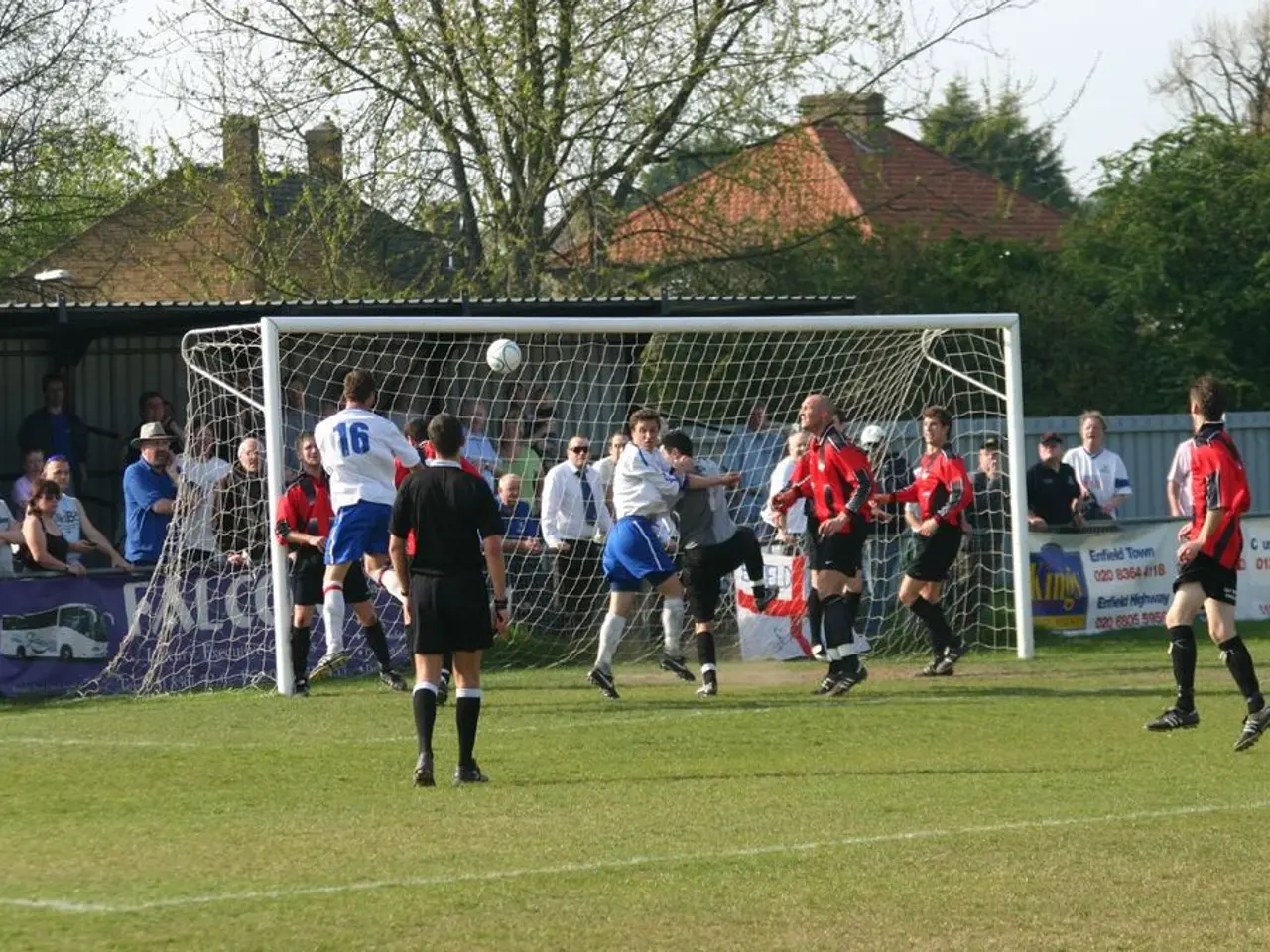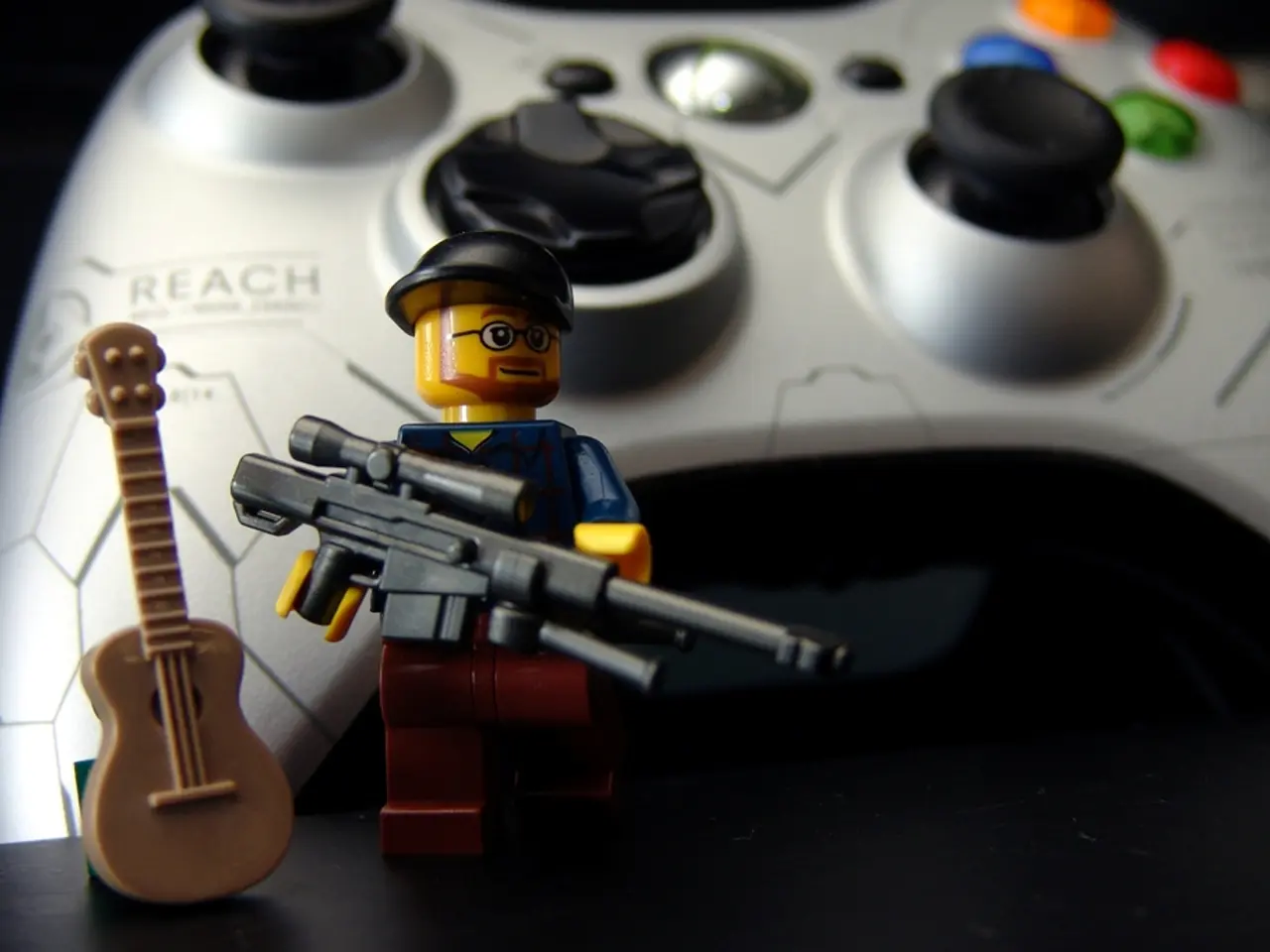The Commission's readiness to endorse this is uncertain.
In the ongoing ceasefire negotiations between Israel and Hamas, a deadlock persists due to several contentious issues. Thousands of people demonstrated in Tel Aviv, expressing their hope for a resolution and the release of hostages, with at least 20 believed to still be alive.
The main points of contention include the withdrawal and military presence, hostage release and prisoner swap, aid distribution and access, and guarantees for a lasting truce.
Hamas strongly opposes any ceasefire deal that includes a large Israeli military presence in Gaza, demanding a complete withdrawal of Israeli forces from the territory as a condition for a lasting truce. The number of prisoners to be released in exchange for hostages is another unresolved issue, contributing to the stalemate.
There are disagreements over the free flow of aid into Gaza, with Hamas demanding 'real guarantees' for a lasting truce and the specifics of aid distribution yet to be resolved. Additionally, Hamas seeks guarantees for a permanent ceasefire, which is not fully addressed in the current proposal.
Regarding the proposed "humanitarian city" in Gaza, Hamas finds this unacceptable, insisting on Israel's military retreat to pre-March ceasefire positions. Critics refer to the proposed "humanitarian city" as an internment camp that could lead to forced deportation.
Israel, on the other hand, maintains that the proposed city is intended to facilitate "voluntary departure" for Palestinians. The Israeli delegation has presented new maps for Israel's planned troop withdrawal from the Gaza Strip during the talks.
Critics accuse Israeli Prime Minister Benjamin Netanyahu of delaying steps towards an end to the war, securing his own political survival in the process. An Israeli official accused Hamas of sabotaging negotiations with intransigence and psychological warfare.
Indirect talks are being mediated by Qatar, Egypt, and the US, with Israel agreeing to release Palestinian prisoners in exchange for hostage release and body handovers. The ceasefire talks aim for a 60-day truce, the release of ten living hostages from Hamas' custody, and the handover of bodies of several detainees.
Thousands of people protested in Tel Aviv for a ceasefire and the release of all hostages from Hamas' custody, viewing the government's approach as prolonging the process. The window of opportunity for bringing all hostages home is open but may not last much longer.
The details of hostage and prisoner exchange have been relatively smoothly negotiated in previous ceasefires. However, the current negotiations face significant challenges, with both sides expressing concerns and reservations about the proposed terms. The outcome of these talks could have significant implications for the region and the lives of those still held captive.
- The community policy in the ongoing ceasefire negotiations should address the unresolved issues related to the employment policy, such as the number of prisoners to be released in exchange for hostages, free flow of aid, and guarantees for a lasting truce.
- The general news on war-and-conflicts, politics, and crime-and-justice now surrounds the ceasefire talks between Israel and Hamas, with both sides disagreeing on the proposed terms, including the "humanitarian city" in Gaza, Israel's military retreat, and the release of hostages.








